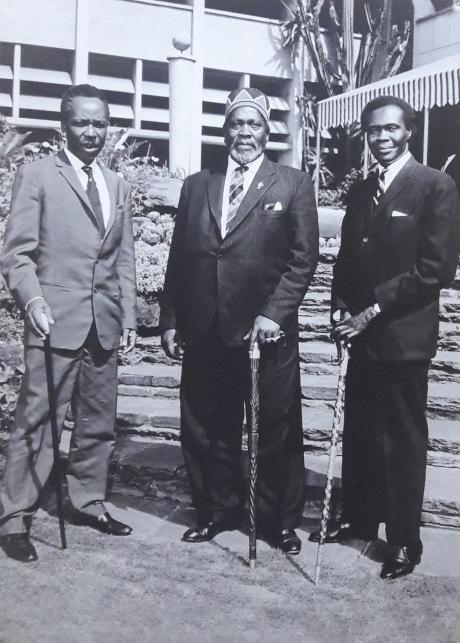President Yoweri Museveni has said that only trade will transform our country. He had met European Union envoys in Kampala. They included ambassadors and high commissioners from Belgium, France, Germany, Denmark, Spain, Ireland, Italy, Hungary, Iceland, Netherlands, Poland, Austria and Sweden.
They talked about a wide range of issues including constitutional and electoral reforms and he assured them that Uganda will hold free and fair general elections come 2021.
On trade and investments, the President as usual, explained Africa’s potential and urged the envoys to woo more investors for Uganda and Africa. This will minimize borrowing and need for aid.
President Yoweri Museveni is not speaking alone or speaking in tongues. In July this year, African leaders launched a continental free-trade zone that will unite 1.3 billion people, create a $3.4 trillion economic bloc and usher in a new era of development.
It is hoped that the African Continental Free Trade Area (AFCFTA) – the largest since the creation of the World Trade Organization in 1994 will help unlock Africa’s long-stymied economic potential by boosting intra-regional trade, strengthening supply chains and spreading expertise.
Early this year, 15 heads of states and governments of the Economic Community of West African States (ECOWAS) agreed to launch a new currency, the “Eco,” in January 2020. In doing so, ostensibly, the leaders believe that business people and travelers will be freed from the hassles of exchanging currencies, intra-area trade will boom, and an integrated and prosperous region will flourish.
A monetary union with a single currency for the 15 member states would mean that governments would transfer national political authority to ECOWAS institutions. Are the member states willing to subordinate national interests to regional interests? Are there lessons from the Eurozone? Will Nigeria ever give up its national currency, the Naira?. These are fundamental questions.
There are also lessons to be learned. In this day and age, national sovereignty is all the rage and seems to trump cross-border collaboration. Certainly, flaws of an integrating world are evident but so are those of their populist detractors.
In a recent study of Africa’s monetary unions, Debrun, Masson and Pattillo (2010) demonstrated that, in ECOWAS, net benefits from a single regional currency will accrue to Nigeria, modest benefits will accrue to Côte d’Ivoire, and the Gambia will suffer net losses. The author’s further point out that strengthening domestic macroeconomic frameworks would yield similar improvements as monetary integration. This outcome reduces the relative attractiveness of the proposed Eco initiative.
Back in East Africa, midway through the 10-year period during which partner states of the East African Community are expected to have in place the required institutions and benchmarks leading to the creation of a single currency, the regional bloc concedes that progress has been slower than anticipated.
Partner states had agreed on four primary convergence criteria for at least three years before joining the bloc’s planned single currency in 2024: A ceiling on headline inflation of 8 per cent, reserve cover of 4.5 months of import, a ceiling on the overall deficit of 3 per cent of GDP, including grants, and a ceiling on gross public debt of 50 per cent of GPD in net present terms.
Officials say most member states have achieved the first two criteria but are working towards the rest by 2021. “We are currently undertaking an assessment on the feasibility of attaining the macroeconomic convergence criteria within the set time frame and a report to this effect will be discussed in January 2020,” said the Head of Monetary and Fiscal Affairs at the EAC Dr Pantaleo Joseph Kessy.
South Africa Development Corporation has also, this year, adopted Kiswahili, as one of the official languages in order to ease integration for trade and investments. Remember there is a Tripartite meeting of East Africa Community, Common Market for Eastern and Southern Africa (COMESA) that includes even Egypt and Libya that were initially part of Al Maghreb, and SADC that aims at integrating Eastern, Central and Southern Africa as a common market.
The EU envoys did not meet the President as individuals but as a group. Five Euro-African summits have been held every after three years, but due to the fact that Africa was not yet an economic bloc like Europe, Africans have not gained much.
The Writer is a Communication Assistant at Government Citizen Interaction Centre (GCIC), Ministry of ICT and National Guidance.







Comments